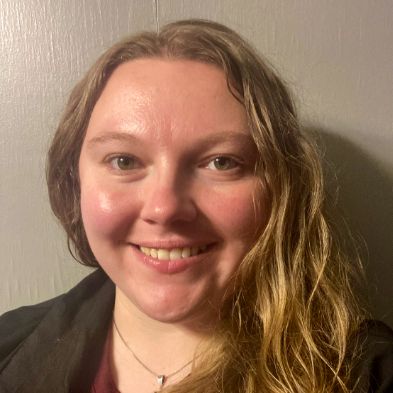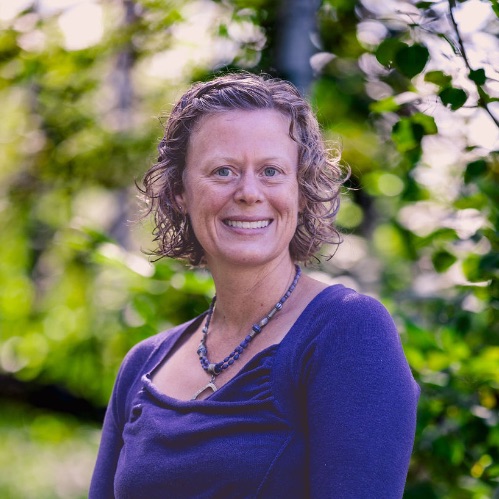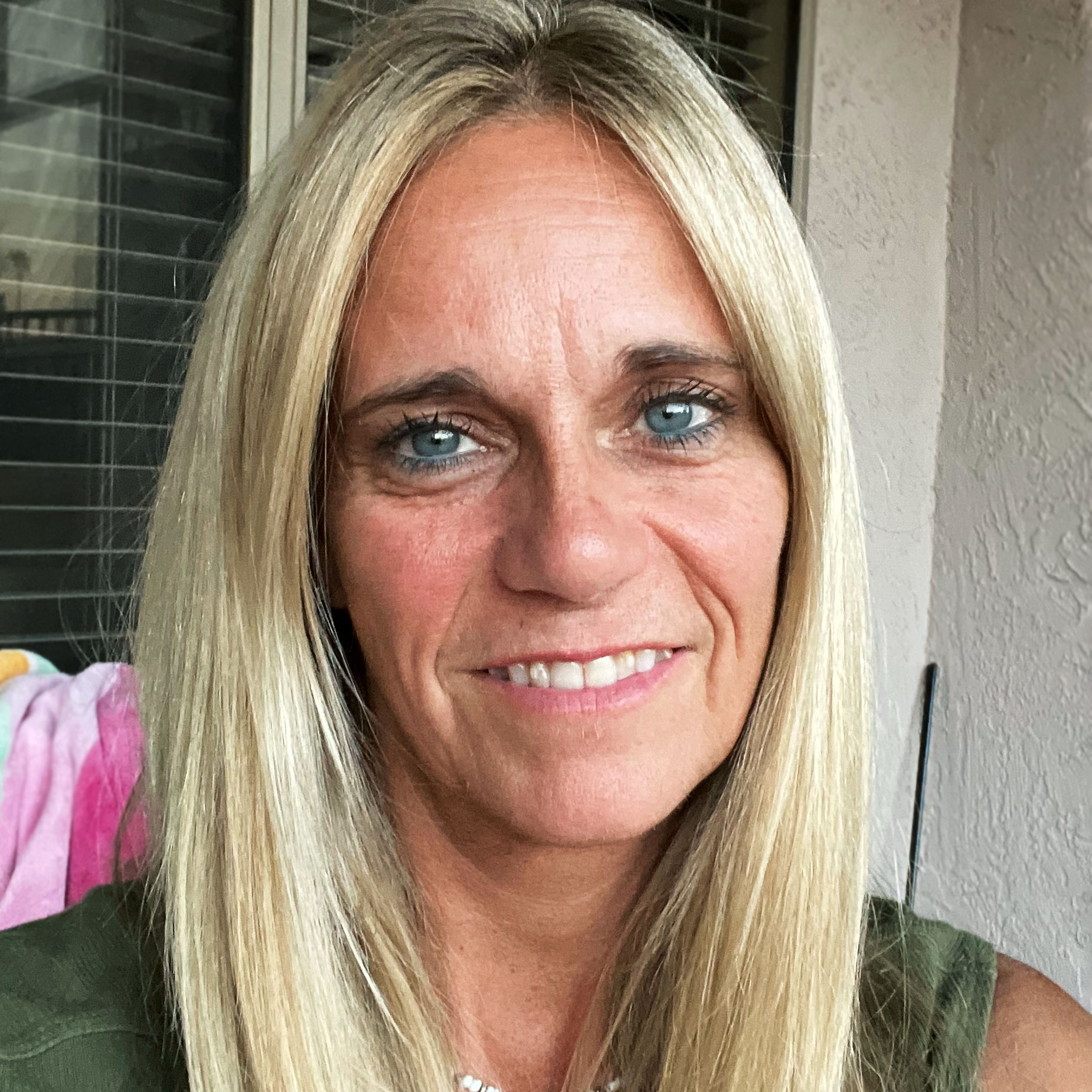What is pre-adoption counseling, and why is it important?
Pre-adoption counseling is a form of therapy designed to help prospective adoptive parents (or birth parents) prepare emotionally, mentally, and relationally for the adoption process. It offers a safe, supportive space to:
- Understand the lifelong implications of adoption
- Explore personal motivations and expectations
- Learn about trauma-informed parenting and child development
- Process grief, especially if infertility or loss led to the decision to adopt
- Discuss fears, hopes, and relational dynamics
- Prepare for the challenges and beauty of forming a non-biological family
By working with a therapist experienced in pre adoption counseling, families can enter the process more grounded and emotionally ready for what lies ahead. Agencies may require it—but even when optional, it's highly recommended for long-term success.
How can therapy help individuals or couples decide if adoption is right for them?
Deciding to adopt is not just a legal or logistical step—it’s an emotional and identity-shaping decision that affects everyone involved for a lifetime. Whether you're considering adoption after fertility struggles, feeling drawn to expand your family in a non-traditional way, or unsure if it's the right path, adoption counseling can help clarify your motivations, address unspoken fears, and create emotional readiness.
In pre adoption counseling, a therapist provides a supportive, nonjudgmental space where individuals or couples can:
- Explore their reasons for pursuing adoption: Are they motivated by a desire to parent, to help a child in need, or to resolve grief from infertility? Clarifying intent helps build a strong foundation.
- Address unresolved grief: If infertility, miscarriage, or pregnancy loss is part of your history, therapy helps process these losses so adoption isn’t a substitute for unhealed pain.
- Navigate uncertainty and ambivalence: It's normal to feel both excitement and anxiety. Therapy allows these emotions to be aired openly without pressure to “decide now.”
- Understand the long-term impact: Adoption isn’t a one-time event—it’s a lifelong dynamic. A therapist can help prospective parents imagine and prepare for future identity conversations, questions from the child, and family adjustments.
- Discuss parenting roles and expectations: Couples may have different ideas about how they’ll parent, what kind of adoption they prefer (infant vs. older child, domestic vs. international), or how open they want the process to be. Counseling creates alignment.
- Assess readiness for openness, complexity, and emotional demands: Adoption involves navigating not just love, but loss. Therapy helps ensure you’re emotionally equipped for the realities ahead—not just the dream.
Many agencies now encourage or require pre adoption counseling because it’s been shown to reduce adoption disruptions and increase emotional preparedness. Even if you're already leaning toward “yes,” working with an adoption therapist can help you move forward with clarity, confidence, and care.
What emotional challenges do adoptive parents commonly face before and after adoption?
Even in joyful adoptions, complex emotions often arise. Common emotional challenges for adoptive parents include:
Before Adoption:
- Grief over infertility or pregnancy loss
- Anxiety about the matching process
- Fear of not bonding with the child
- Guilt about adopting rather than conceiving
- Pressure from extended family or social norms
After Adoption:
- Struggles with attachment or connection
- Fear of rejection by the child or birth family
- Identity questions (e.g., “Am I a real parent?”)
- Emotional fatigue from managing trauma responses
- Isolation or lack of understanding from peers
A skilled adoption therapist can help normalize these feelings and teach parents how to cope, connect, and care—for their children and themselves.
Is counseling recommended for all adoptive families, even if things seem fine?
Yes. Just like pediatric checkups, counseling for adoptive families can be preventive, not just reactive. Even when everything seems smooth, therapy can:
- Offer a space for kids to explore identity or emotions
- Give parents tools to navigate future challenges
- Foster open communication between family members
- Prepare for developmental transitions (e.g., adolescence, search for birth family)
- Reinforce secure attachment and emotional safety
Adoption is not a one-time event—it’s a lifelong journey. Ongoing support for adoptive families helps everyone grow and adjust over time.
Many adoptive parents arrive at adoption after experiencing infertility, miscarriage, or other reproductive losses. These losses are real—and they can shape how you bond with your adopted child.
Therapy can support you by:
- Creating space to grieve the biological child you envisioned
- Releasing shame, anger, or sadness about the path to parenthood
- Helping couples align on what it means to be a family
- Avoiding “replacement parenting” (using adoption to fix grief)
- Building emotional readiness for adoption’s unique dynamics
You don’t have to fully “get over” infertility to adopt—but you do need to acknowledge and integrate your grief. A therapist for adoptive parents can guide this process with compassion.
What support does counseling offer for bonding and attachment with an adopted child?
Attachment is a foundational part of child development—and it can be more complicated in adoption due to early trauma, separation, or loss.
Adoption counseling helps parents:
- Understand their child’s attachment style and needs
- Learn how trauma affects brain development and behavior
- Respond with empathy rather than punishment
- Build trust through predictability, attunement, and repair
- Address their own fears about connection or rejection
A therapist for adoptive families may also coach you through:
- Sleep and feeding routines
- Co-regulation during tantrums
- Language for discussing adoption at different developmental stages
- Rebuilding attachment after disruptions (e.g., foster care transitions)
Therapy doesn’t make bonding “perfect”—but it makes it possible, even in the face of adversity.
Can therapy help adopted children process identity, grief, or trauma?
Yes—and it’s often essential. Even in healthy adoptive families, children may experience feelings of:
- Loss (of birth family, culture, language, identity)
- Confusion about why they were placed for adoption
- Anger, guilt, or fear about being “given away”
- Difficulty answering questions from peers
- Struggles with loyalty toward birth and adoptive families
- Trauma from neglect, abuse, or foster care experiences
Therapy for adoptees gives children a place to:
- Ask hard questions without fear of upsetting anyone
- Name and express complex emotions
- Work through trauma using play, art, or talk therapy
- Build a coherent, empowered sense of self
- Understand that their adoption story is part of them—but doesn’t define them
Early intervention is best—but even adult adoptees can benefit from revisiting their story in therapy.
What’s the difference between open and closed adoptions, and how can counseling support either?
When choosing to adopt—or navigating adoption as a birth or adoptive parent—understanding the difference between open and closed adoptions is essential. These terms refer to the level of communication and contact maintained between birth parents and adoptive families after the adoption is finalized.
Closed Adoption:
- No identifying information is shared between birth and adoptive families.
- The child may not have direct access to their birth family, heritage, or history.
- These adoptions were more common in previous generations.
- Some believe they offer privacy and emotional closure.
- Challenges may include identity confusion for adoptees and unresolved grief for birth parents.
Open Adoption:
- Some degree of contact is maintained, ranging from occasional updates or letters to regular visits or ongoing relationships.
- The child often knows their adoption story from a young age.
- Open adoption supports a more transparent narrative and can help children integrate both families into their identity.
- The level of openness is flexible and may evolve over time.
Neither option is inherently “better”—what matters most is what’s emotionally and developmentally appropriate for everyone involved. This is where adoption counseling can be invaluable.
A trained therapist can support:
- Pre-adoption decision-making: Exploring what kind of openness feels manageable and meaningful for your family.
- Navigating complex emotions: Jealousy, fear, gratitude, grief, and guilt may arise on all sides—counseling helps normalize and work through them.
- Establishing healthy boundaries: In open adoptions, therapy supports communication agreements that are respectful, child-centered, and sustainable.
- Talking to your child: Whether the adoption is open or closed, counseling helps adoptive parents and adoptees explore how and when to share adoption details, especially as the child matures.
- Supporting birth parents: For birth parents in open adoptions, therapy provides a space to grieve, heal, and process their ongoing role in their child’s life. In closed adoptions, counseling can help address unresolved loss or regret.
Because adoption dynamics shift over time, therapy for adoptive parents, adoptees, and birth parents remains valuable at different life stages. Whether your adoption is open, closed, or somewhere in between, counseling helps each person involved feel more heard, supported, and emotionally safe.
Do birth parents also receive counseling or support during the adoption process?
They should—and often do. Birth parents experience deep emotional complexity, including:
- Grief and loss after placing a child
- Guilt or shame, even when adoption is the right choice
- Isolation or judgment from others
- Uncertainty about openness and contact
- Long-term impact on future relationships and identity
Adoption counseling for birth parents offers:
- A safe space to process loss and love simultaneously
- Validation of their role and ongoing connection to the child
- Tools for coping with regret, grief, or societal stigma
- Support in navigating reunions or ongoing contact
Ethical adoption includes support for everyone—not just the receiving family. Birth parents matter, and their healing is part of the adoption story.
How does adoption counseling address transracial or international adoption challenges?
Transracial and international adoptions add layers of complexity related to race, culture, and belonging. Counseling helps families:
- Acknowledge racial identity development for the child
- Learn how to talk about race, privilege, and discrimination
- Connect the child with role models and community
- Validate grief over cultural or language loss
- Manage microaggressions or family bias
- Explore ethical and historical issues around international adoption
Adoptive parents of a different race than their child need to actively learn and unlearn. A culturally competent adoption therapist helps families embrace this responsibility with humility and courage.
The first session is about building trust and understanding your goals. You won’t be pressured to “share everything” immediately. Expect your therapist to:
- Ask about your adoption journey or family structure
- Explore what led you to seek therapy
- Assess emotional needs (grief, identity, attachment, trauma)
- Provide validation and psychoeducation
- Set goals for therapy (e.g., family communication, trauma healing, parent support)
Sessions may be individual, family-based, or child-led depending on the need. Adoption counseling is flexible, collaborative, and tailored to each person’s story.
Whether you're preparing to adopt, raising an adopted child, supporting a birth parent, or are an adoptee yourself, your story is valid—and you don’t have to process it alone. Adoption counseling isn’t just for moments of crisis. It’s for growth, connection, and healing across the lifespan.
Find a trusted adoption therapist, explore therapy for adoptive parents, or connect with support for adoptive families today. Every adoption journey is different—but every family deserves understanding, guidance, and hope.













